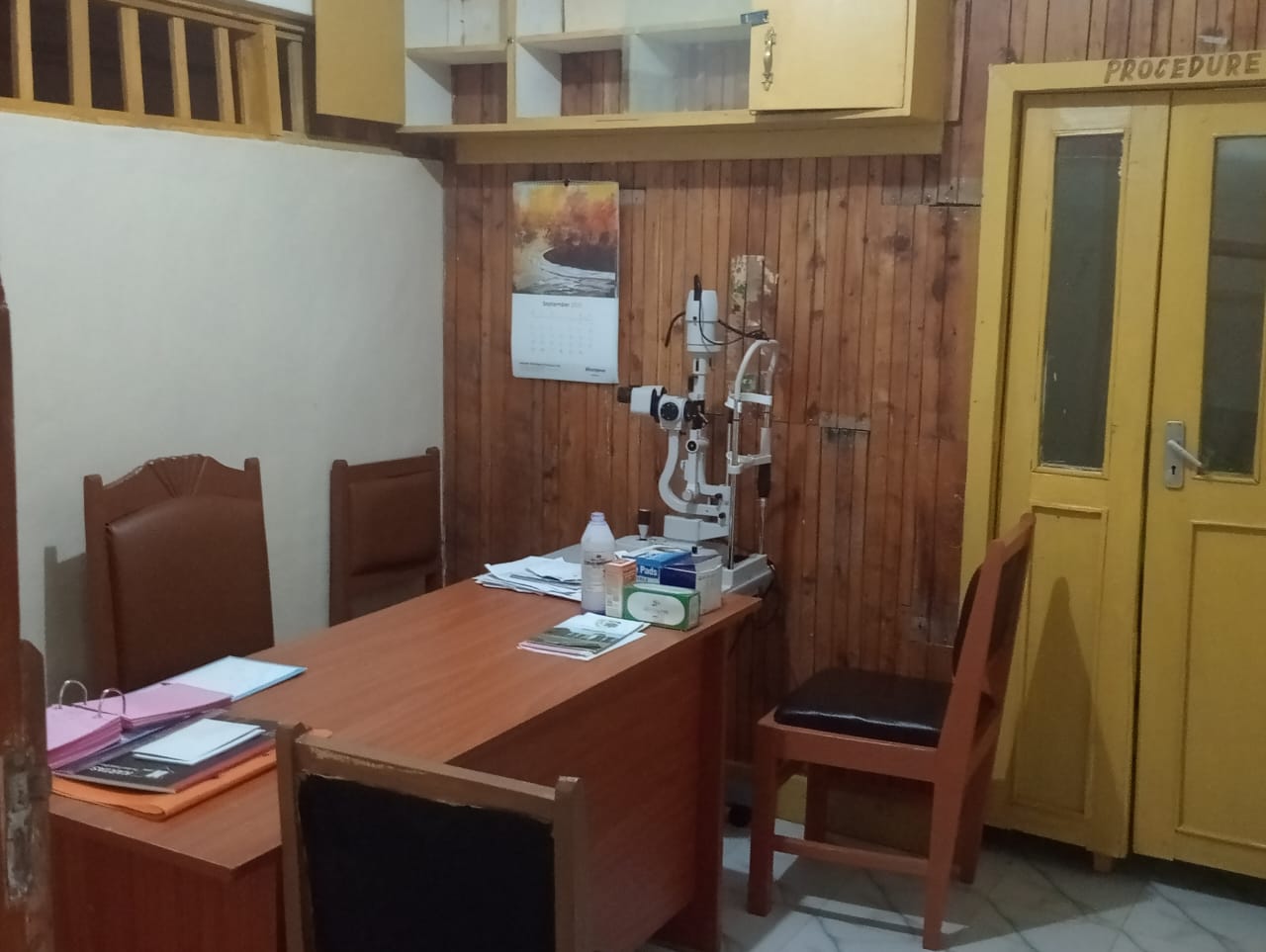Subtotal KSh 0.00
Maintaining good health isn’t just about addressing problems when they arise—it’s about taking proactive steps to prevent illnesses before they happen. Regular medical check-ups play a critical role in safeguarding your long-term health by helping you catch potential health issues early, monitor existing conditions, and maintain overall well-being. Here’s why scheduling routine health check-ups is essential for your long-term health.
1. Early Detection of Health Problems
One of the biggest advantages of regular check-ups is the early detection of potential health problems. Many conditions, such as hypertension, diabetes, and cancer, can develop without obvious symptoms in the early stages. Routine screenings allow doctors to identify these conditions early when they are more treatable and manageable. Catching issues early can prevent complications and lead to better treatment outcomes.
Key Screenings Include:
- Blood pressure checks to monitor for hypertension
- Blood tests for diabetes and cholesterol levels
- Cancer screenings like mammograms, colonoscopies, and Pap smears
- Routine check-ups for heart health
2. Monitoring Chronic Conditions
For individuals living with chronic conditions such as diabetes, asthma, or heart disease, regular check-ups are crucial for monitoring the condition’s progression and adjusting treatment plans as needed. Your doctor can assess how well your current treatment is working and make modifications to ensure you’re on the right path to managing your health effectively.
Benefits of Monitoring:
- Tracking disease progression or remission
- Adjusting medications and lifestyle recommendations
- Preventing complications through proactive management
- Receiving advice on new treatments or therapies
3. Preventive Healthcare
Regular check-ups offer an opportunity to focus on preventive healthcare measures, which are designed to keep you healthy and reduce your risk of future illnesses. Vaccinations, lifestyle counseling, and advice on maintaining a healthy diet and exercise regimen are part of preventive care. Doctors can also recommend preventive screenings based on your age, gender, and family history.
Preventive Measures Include:
- Immunizations (e.g., flu shots, tetanus boosters)
- Weight management advice and nutritional counseling
- Smoking cessation programs and alcohol consumption guidance
- Screening tests based on age, family history, and risk factors
4. Building a Strong Doctor-Patient Relationship
Regular visits to your doctor help build a trusting relationship, making it easier for you to discuss any concerns or changes in your health. When your doctor is familiar with your medical history, lifestyle, and personal preferences, they can provide more personalized care and offer advice tailored specifically to your needs. A good doctor-patient relationship fosters open communication and empowers you to take an active role in your health.
Advantages of a Strong Relationship:
- Greater comfort in discussing sensitive health issues
- Better communication about symptoms and lifestyle changes
- Tailored medical advice based on your unique health profile
- Collaborative approach to long-term health goals
5. Reducing Healthcare Costs in the Long Run
While regular check-ups may seem like an additional expense, they can save you money in the long run by preventing costly medical emergencies and treatments. Early detection of a condition can help avoid expensive procedures, hospitalizations, and long-term treatments that might arise from undiagnosed or untreated health issues.
Cost-Saving Benefits:
- Preventing expensive emergency room visits
- Reducing the need for more invasive treatments
- Minimizing hospital stays through early intervention
- Lowering the cost of managing chronic conditions with timely care
6. Promoting Mental and Emotional Well-being
Your physical health is closely linked to your mental and emotional well-being. Regular check-ups not only address physical concerns but also give you a chance to discuss any mental health challenges you might be facing. Whether it’s stress, anxiety, depression, or other emotional concerns, your healthcare provider can offer guidance, refer you to specialists, or recommend resources to improve your mental health.
Mental Health Check-Ups:
- Counseling and therapy recommendations
- Stress management strategies
- Monitoring for signs of anxiety or depression
- Referrals to mental health specialists if needed

